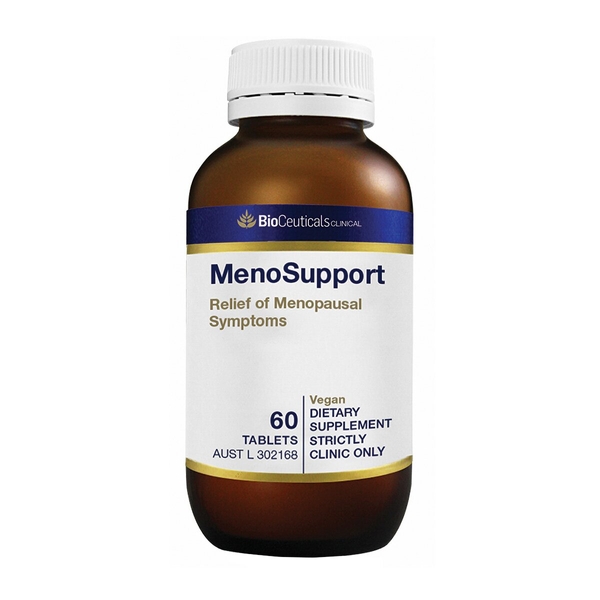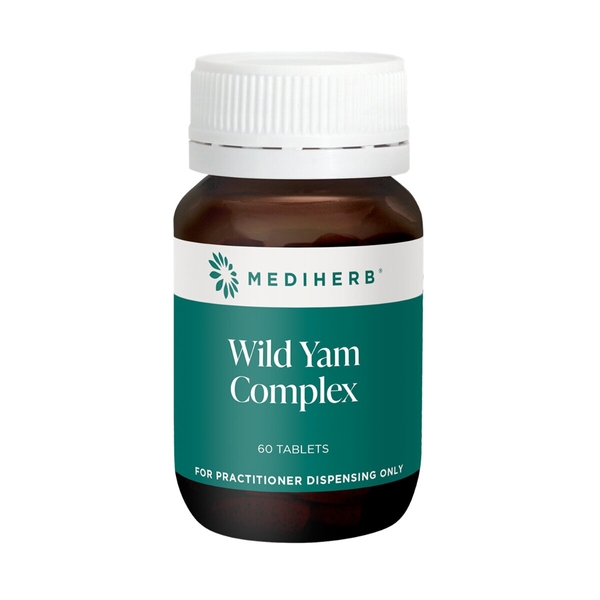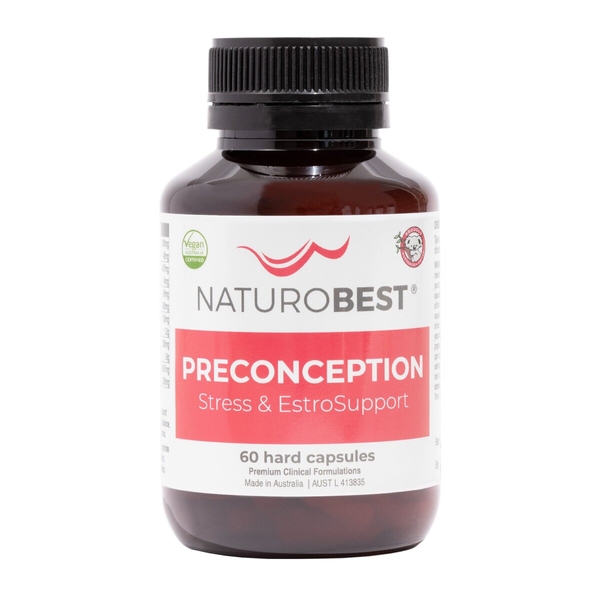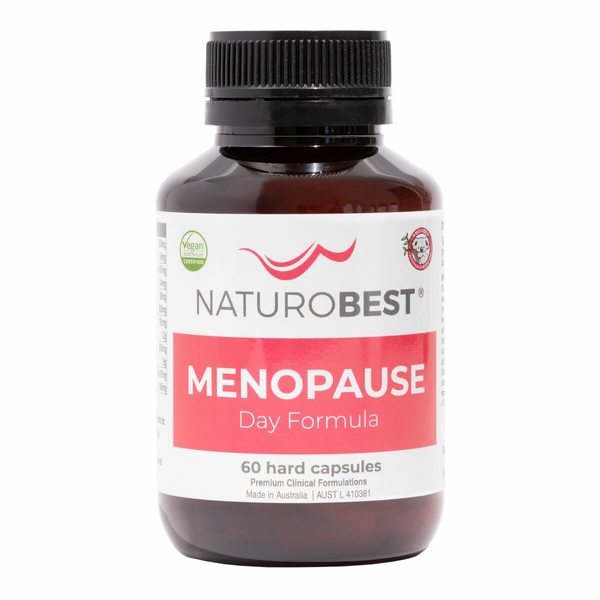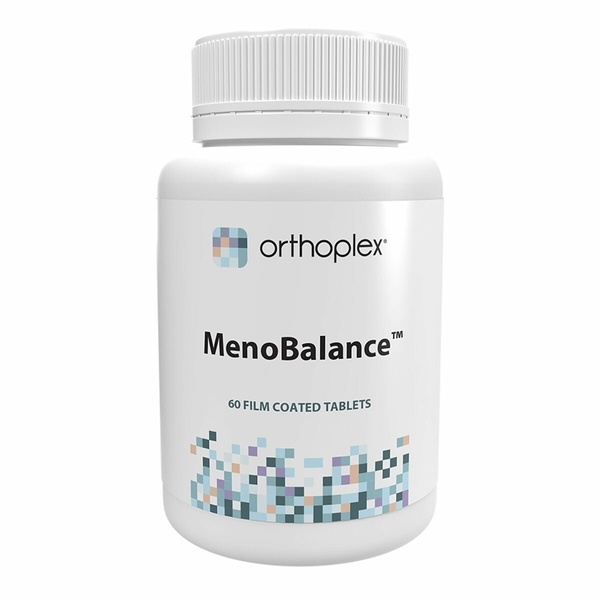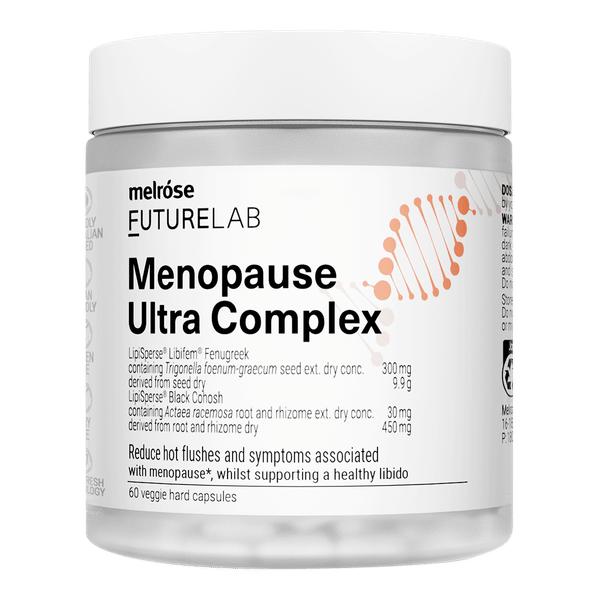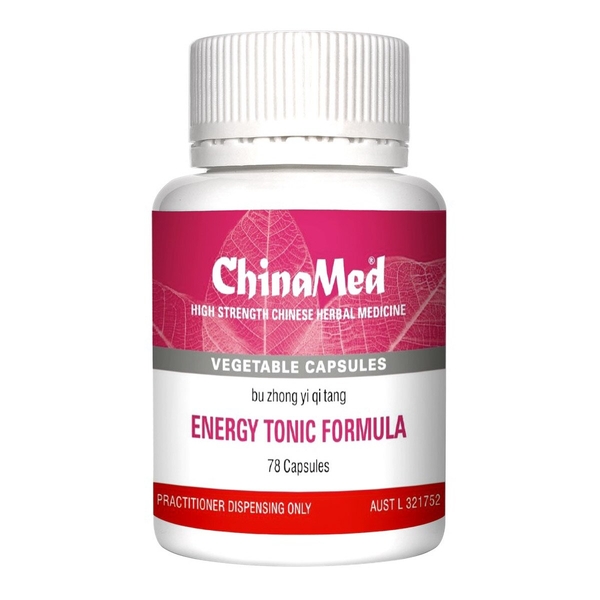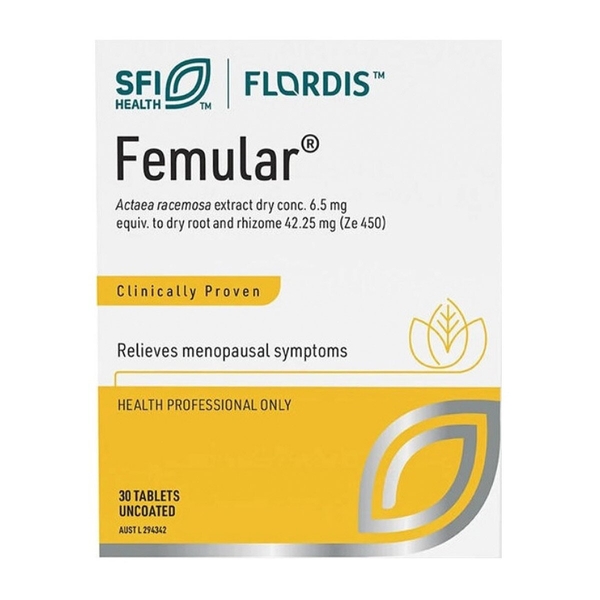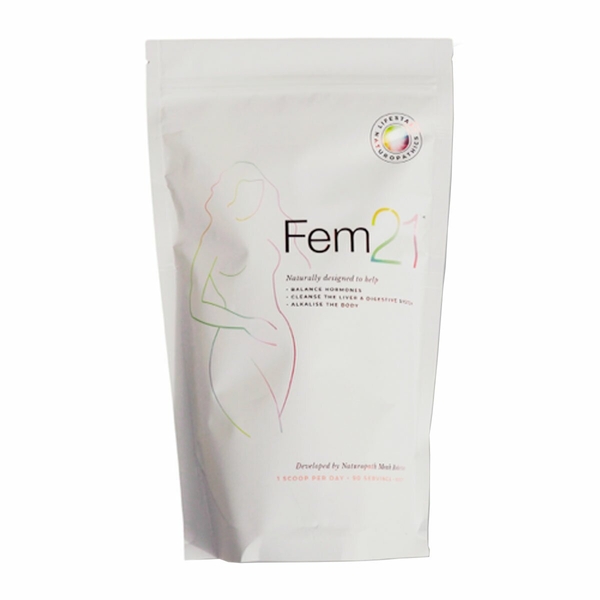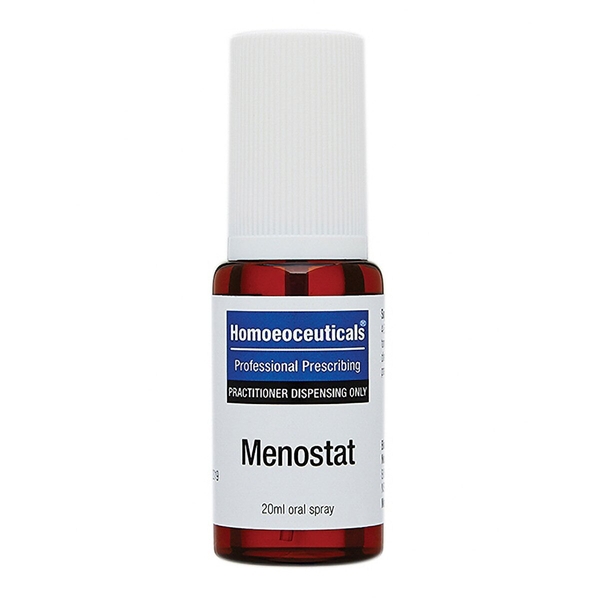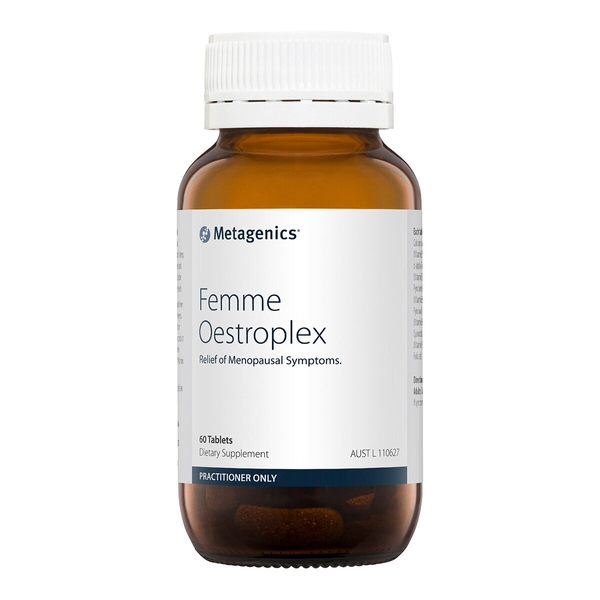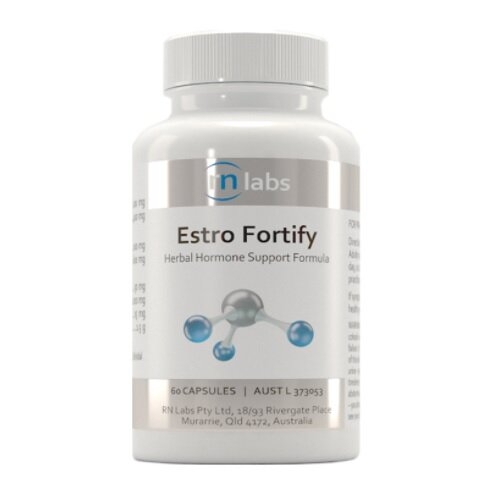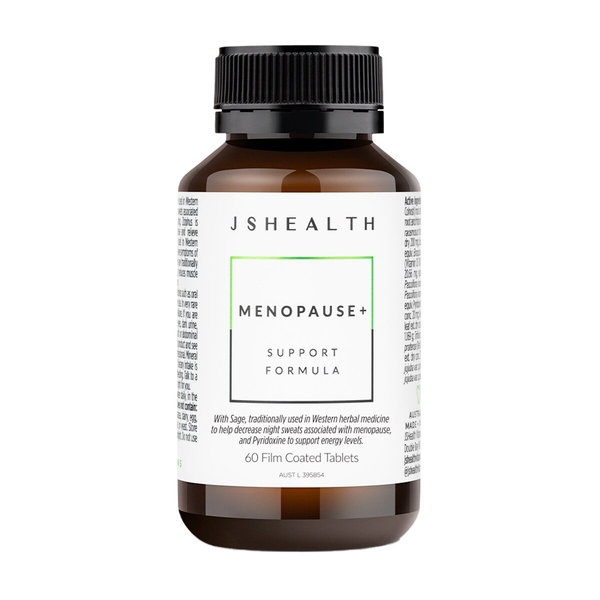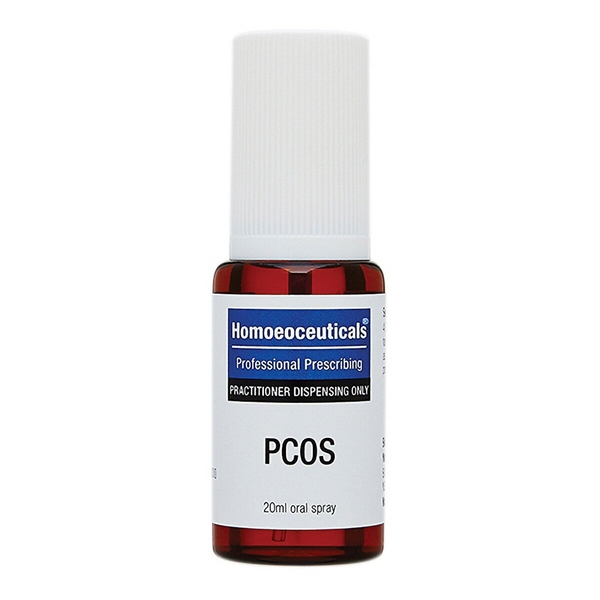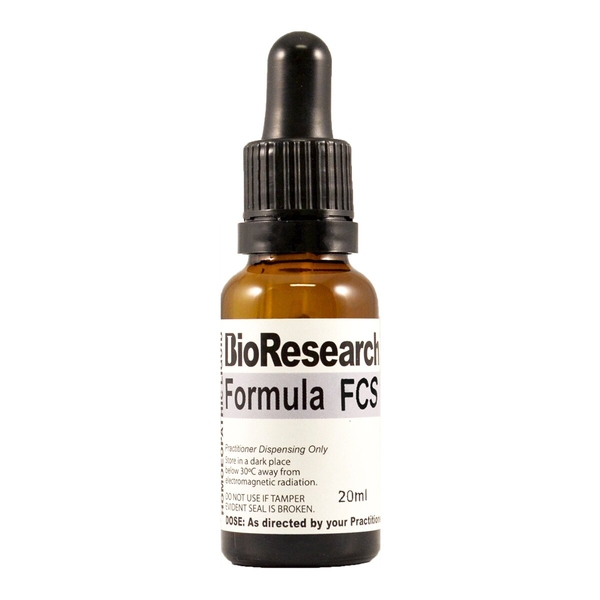
Background
In some parts of the body, black cohosh might increase the effects of estrogen. In other parts of the body, black cohosh might decrease the effects of estrogen. Black cohosh should not be thought of as an "herbal estrogen" or a substitute for estrogen.
People commonly use black cohosh for symptoms of menopause, premenstrual syndrome (PMS), painful menstruation, weak and brittle bones, and many other conditions, there is no good scientific evidence to support most of these uses.
Don't confuse black cohosh with blue cohosh or white cohosh. These are unrelated plants.
Safety Safety definitions
Special Precautions & Warnings:
Pregnancy and breast-feeding: Black cohosh is possibly unsafe to use when pregnant or breast-feeding. It might increase the risk of miscarriage or affect a nursing infant.Breast cancer: There is some concern that black cohosh may worsen existing breast cancer. But this concern hasn't been confirmed in scientific research. People who have breast cancer, have had breast cancer in the past, or are at high-risk for breast cancer, should speak with a healthcare professional before using black cohosh.
Hormone-sensitive conditions, including endometriosis, fibroids, ovarian cancer, uterine cancer, and others: Black cohosh acts somewhat like estrogen in the body. There is some concern that it might worsen conditions that are sensitive to estrogen. If you have a condition that could be affected by estrogen, speak with a healthcare professional before using black cohosh.
Liver disease: Black cohosh might cause liver damage in some people. But it isn't clear how often this occurs. Until more is known, people with liver disease should avoid taking black cohosh.
Effectiveness
- Symptoms of menopause. Taking a specific black cohosh product (Remifemin, Phytopharmica/Enzymatic Therapy) seems to help reduce symptoms of menopause, such as hot flashes. But these benefits might not occur with all products that contain black cohosh.
Dosing & administration
Interactions with pharmaceuticals
Atorvastatin (Lipitor)
Interaction Rating=Moderate Be cautious with this combination.
There is concern that black cohosh might harm the liver. Taking black cohosh with atorvastatin might increase the chance of liver damage.
Cisplatin (Platinol-AQ)
Interaction Rating=Moderate Be cautious with this combination.
Cisplatin is used to treat cancer. There is some concern that black cohosh might decrease how well cisplatin works for cancer.
Estrogens
Interaction Rating=Moderate Be cautious with this combination.
Black cohosh might have some of the same effects as estrogen. Taking black cohosh along with estrogen pills might decrease the effects of estrogen pills.
Medications changed by the liver (Cytochrome P450 2D6 (CYP2D6) substrates)
Interaction Rating=Moderate Be cautious with this combination.
Some medications are changed and broken down by the liver. Black cohosh might change how quickly the liver breaks down these medications. This could change the effects and side effects of these medications.
Medications moved by pumps in cells (Organic anion-transporting polypeptide substrates)
Interaction Rating=Minor Be watchful with this combination.
Some medications are moved in and out of cells by pumps. Black cohosh might change how these pumps work and change how much medication stays in the body. In some cases, this might change the effects and side effects of a medication.
Medications that can harm the liver (Hepatotoxic drugs)
Interaction Rating=Moderate Be cautious with this combination.
Black cohosh might harm the liver. Some medications can also harm the liver. Taking black cohosh along with a medication that can harm the liver might increase the risk of liver damage.
Interactions with herbs & supplements
Interactions with foods
Products
View all products- Actaea racemosa (Black cohosh) ext. 100 mg
- Asparagus racemosus ext. 133.33 mg
- Angelica polymorpha ext. 50 mg
- Anemarrhena asphodeloides ext. 85 mg
- Epimedium sagittatum ext. 43.33 mg
- Curculigo orchioides ext. 71.43 mg
- Vitex agnus-castus ext. 25 mg
- Actaea racemosa (Sheng Ma) ext. 18.9 mg
- Astragalus membranaceus ext. 46.8 mg
- Codonopsis pilosula ext. 46.8 mg
- Atractylodes macrocephala ext. 46.8 mg
- Angelica polymorpha ext. 37.5 mg
- Ziziphus jujuba var. spinosa ext. 31.2 mg
- Bupleurum falcatum ext. 28.2 mg
- Citrus reticulata ext. 18.9 mg
- Glycyrrhiza uralensis ext. 15.6 mg
- Zingiber officinale ext. 9.3 mg
- Actaea racemosa (Black cohosh)
- Wheatgrass powder
- Brassica oleracea var. italica (Broccoli)
- Hordeum vulgare (leaf) powder
- Plantago ovata (husk) (Psyllium)
- Citrus limon (Lemon)
- Withania somnifera
- Fucus vesiculosus
- Zingiber officinale
- Rosmarinus officinalis
- Ulmus rubra
- Silybum marianum
- Glycyrrhiza glabra
- Vitex agnus-castus (fruit)
- Eleutherococcus senticosus
- Taraxacum officinale
- Stevia rebaubiana
- Lactobacillus acidophilus
- Bifidobacterium bifidum
- Lactobacillus casei
- Lactobacillus helveticus
- Lactobacillus bulgaricus
- Lactobacillus leichmannii
- Lactobacillus caucasicus
- Lactococcus lactis
- Lactobacillus fermentum
- Lactobacillus brevis
- Lactobacillus plantarum
- Lactobacillus delbrueckii
- Saccharomyces cerevisiae (boulardii) (SB)
- Cinnamon zeylanicum (bark)
- Punica granatum
- Rubus idaeus
- Cimicifuga racemosa
- Sepia
- Sanguinaria canadensis
- Lachesis mutus
- Amyle nit
- Acid sulphuric
- Jaborandi
- Actaea racemosa (Black cohosh) ext. 153.85 mg
- Pueraria lobata ext. 111.12 mg
- Ziziphus jujuba ext. 225 mg
- Hypericum perforatum ext. 209.3 mg
- Calcium pantothenate (Vitamin B5) 100 mg
- Pyridoxal 5-phosphate (P5P) 10 mg
- Pyridoxine hydrochloride (Vitamin B6) 15 mg
- Cyanocobalamin (Vitamin B12) 400 μg
- Folic acid 400 μg
- d-alpha-Tocopheryl acetate 101.2 mg
- Actaea racemosa (Black cohosh) ext. 20 mg
- Asparagus racemosus ext. 10 mg
- Brassica oleracea var. italica ext. 10 mg
- Salvia officinalis ext. 167 mg
- Trifolium pratense ext. 250 mg
- Vitex agnus-castus ext. 25 mg
- Ziziphus jujuba ext. 60 mg
- Ascorbic acid (Vitamin C) 50 mg
- Cholecalciferol 2.5 µg equiv. vitamin D3 100 IU
- d-alpha-Tocopheryl acid succinate 20.66 mg equiv. vitamin E 25 IU
- Menaquinone 7 (Vitamin K2) 90 µg
- Passiflora incarnata ext. 30 mg
- Pyridoxal 5-phosphate (P5P) 3.91 mg equiv. pyridoxine 2.5 mg
- Rehmannia glutinosa ext. 20 mg
- Cimicifuga racemosa
- Magnesium phosphoricum (Mag phos)
- Citrullus colocynthis
- Lac caninum
- Secale cornutum
- Folliculinum
- Methysergide
- Caulophyllum thalictroides
- Chamomilla
- Viburnum opulus
- Sepia
- Conjugated oestrogen
- Cimicifuga racemosa
- Apis mellifica
- Aurum muriaticum natronatum (Aurum mur nat)
- Lycopodium clavatum (Clubmoss)
- Aurum iodatum
- Conium maculatum
- Oophorinum

